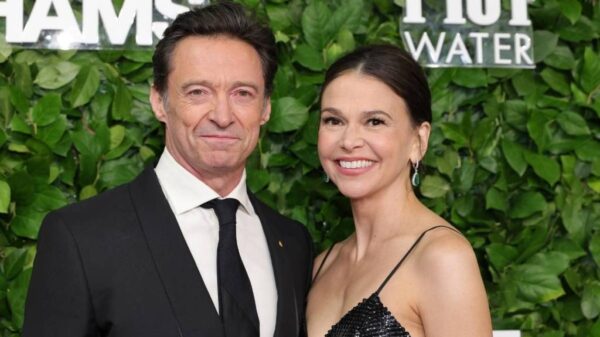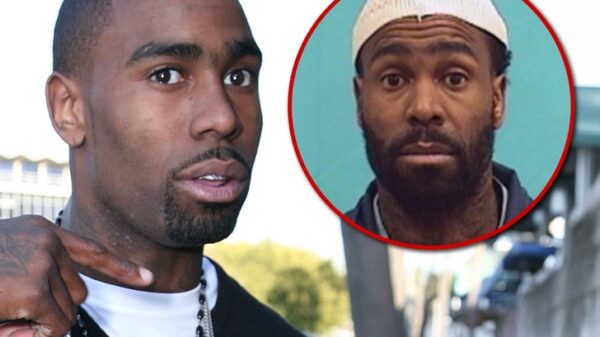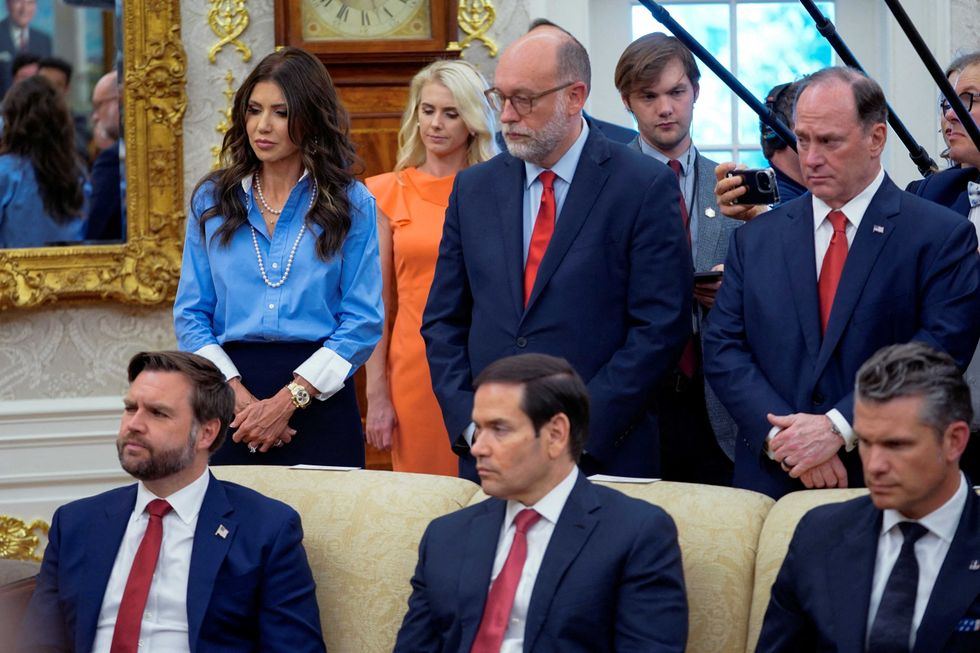JD Vance, the Ohio senator and vice-presidential hopeful, has recently come under scrutiny for his controversial statements and political maneuvering. He has openly admitted to fabricating stories to gain attention, a declaration that raises questions about his integrity as he aims for higher office. Vance’s ambitions have led him to embrace a new identity, transitioning from a critic of former President Donald Trump to one of his staunchest allies.
In March 2024, Vance defended his previous claims about Haitian immigrants in Springfield, Ohio, stating he is willing to “create stories.” This admission exemplifies the lengths he will go to secure his political future, revealing a troubling pattern of behavior that Ohioans have observed during his time in the Senate. His campaign for the U.S. Senate was marked by a dramatic shift in allegiance, as he sought Trump’s endorsement to secure a victory.
Vance’s brief tenure in the Senate has largely been characterized by performances intended for television, particularly on Fox News. His actions suggest a relentless pursuit of the vice-presidency, even as he faces backlash for his increasingly dubious claims. While it is not uncommon for politicians to stretch the truth, Vance’s approach appears to be rooted in a deeper, more troubling commitment to misinformation.
His recent remarks regarding a potential government shutdown have sparked significant debate. Vance asserted that Democrats were attempting to shut down the government to provide health care benefits to undocumented immigrants, a claim that has been widely discredited. He stated, “Democrats are threatening to shut down the entire government because they want to give hundreds of billions of dollars of health care benefits to illegal aliens.” This assertion has been dismissed as false, with no evidence supporting the idea that Democrats are pushing for such provisions.
The reality is that the Democrats’ proposals focus on extending health insurance affordability for millions. They aim to continue a Biden-era program that has successfully lowered health costs for over 20 million Americans. Vance’s comments, however, emphasize his strategy of leveraging sensational claims to attract media attention, rather than addressing the pressing financial challenges facing low- to middle-income families in Ohio and across the nation.
His transformation from a critic to a supporter of Trump has not gone unnoticed within the Republican Party. Some members express skepticism regarding his authenticity, questioning whether his new identity as a Trump loyalist is genuine or merely a calculated move to advance his career. Critics argue that Vance’s willingness to fabricate stories undermines his credibility and raises concerns about his qualifications for higher office.
This pattern of behavior is not new in American politics, but Vance’s approach is particularly striking. His penchant for exaggeration and distortion has led to an erosion of trust, making it difficult for voters to assess his true intentions. The Ohioan’s ambition to ascend to the vice-presidency comes with significant challenges, particularly given that he lacks the charisma and magnetic appeal that have characterized Trump’s rise.
As Vance continues to navigate the political landscape, his reputation remains in jeopardy. The admission of his willingness to create false narratives for political gain has placed him under a microscope. With each new claim, Vance risks further alienating potential supporters who may question his authenticity and commitment to truth.
The upcoming political climate, particularly as the 2024 elections draw near, will be crucial for Vance. His ability to connect with voters while maintaining credibility will be tested. As he charts his course for the future, the stakes are high, and the consequences of his actions will likely shape his political legacy.
Marilou Johanek, a veteran journalist with extensive experience covering state and national politics, notes that the scrutiny surrounding Vance’s claims and ambitions reflects broader concerns within the Republican Party. As the political landscape evolves, Vance’s trajectory will serve as a critical case study in the intersection of ambition, truth, and accountability in modern politics.







































































